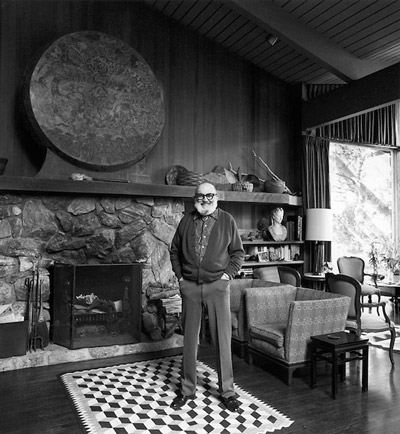The pursuit of paid photography is one of the few vocations left that are ideal for career changers and newcomers alike. Who needs a degree when great photos can do the talking! But the world is flooded with images and it becomes more and more difficult to stand out from the crowd. There are just too many of us. To easier stand out, you better earn your strips in a conflict zone or have connections… Wrong! In photography, everyone can have a go.
Photography, paid photography, remains one of the last domains of self-made women and men and the adventurous, of the incorrigible who believes in one’s self and the fanatic who just doesn’t give up. These characteristics distinguish photographers so refreshingly from the corporate world that’s obsessed with Harvard grads and Princeton MBAs.
A great photographer cannot be mass-produced in colleges. Photography is a cumulation of so many factors, of experience of life, psychology, technique, art and design — where else than in real life can you learn all that. Many good photographers are accidental, it just dropped into their lap, they were after something else when they discovered they got what it takes.
You don’t give a shit where photographer went to college of if a photographer went to college. All that counts is talent. Images speak. And that’s the beauty of photography. Everyone can have a shot at it.

Ansel Adams? Grandson of a wealthy timber baron. His grandfather had set up a prosperous lumber business which his father continued upon.
When it was Adams’ time to take up the family business, he condemned the idea of cutting down redwood forests and declined to take up the job. But he took the money.
Henri Cartier-Bresson? His father made a fortune as a textile manufacturer. Cartier-Bresson later joked that due to his parent’s frugal ways, it often seemed as though his family was poor. I guess that explains why he became a one-lens guy…
As in Adams’ case, Cartier-Bresson’s father assumed that his son would take up the family business. The youth was strong-willed and upset by this prospect. But the family kept on paying the bills.
In the early 30s Cartier-Bresson was hunting wild animals in Africa. Uninterested in actually eating what he’d tracked down, he grew tired of the sport and gave it up. But Africa did fuel another interest in him: photography. Well he had the means. And talent!
Society-wise, Adams and Cartier-Bresson represented today’s Wharton grads and Stanford MBAs. That doesn’t lessen their immense accomplishments in any way, they were concerned and engaged witnesses of time. I’m just stating facts. Money was no issue, and money gave them access to what was back then very precious hardware.
Today, anyone can buy a good camera. Even cheap cameras perform well. That broadened the field of potential contenders dramatically. So money is no factor no longer. That’s why in today’s photography the Darwinian survival of the fittest prevails.
Unlike the corporate world. Entry-level top school bachelor degree grad salaries reach into the six figures while today many people from other backgrounds are relatively undervalued — but not less talented. Because they stay up at night coding and building what they dream of. Because they’re hungry and creative. Because they love what they do.
Only hire from top schools? You’re doomed.
Steve Jobs was a dropout. Bill Gates is called “Harvard’s most successful dropout.”
Mark Zuckerberg packed up his Harvard bags.
These three not only have no diploma in common. They also had a vision.
We’ve come full circle. In photography, you don’t need no top school teaching you credentialing and ladder climbing. Passion and experience are what makes great.
You’ll say that to make it in photography is even more challenging than to make it in the corporate world. That’s right, the competition is brutal and fierce. But each and everyone has a chance. And that’s the beauty of photography: pure democracy, in a way.
Still, most likely a no-future career. Where’s the money?


